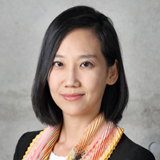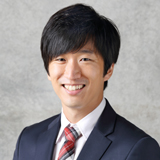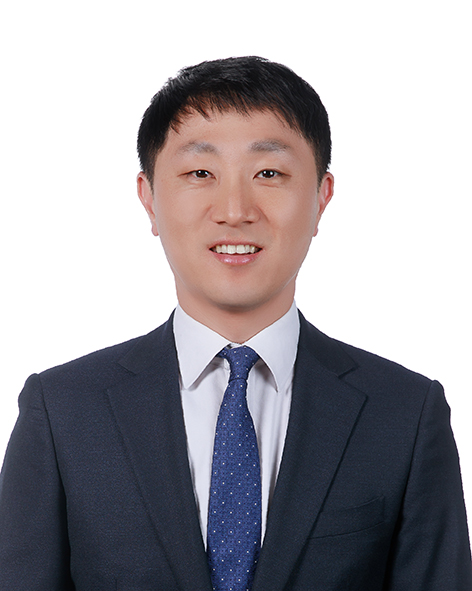Introduction
Interesting developments are taking place on and around the Korean Peninsula. Donald J. Trump was elected president of the United States, and the deployment of the Terminal High Altitude Area Defense, or THAAD, has brought about new regional dynamics. President Trump has abandoned the Obama administration’s North Korea policy of “strategic patience” and has opted for a strategy of “maximum pressure and engagement.” Following two nuclear tests in 2016, North Korea has continued its path towards becoming a “nuclear state.” Its missile tests in the aftermath of President Moon Jae-in’s inauguration in May have turned many South Koreans into hardliners. China is hopeful that President Moon’s election will lead to improved Korea-China relations, although the country’s favorability score among South Koreans has failed to recover since March, when it retaliated against South Korea for deploying THAAD.
The election of a progressive government in South Korea appears to have complicated the strategic calculations of the United States regarding THAAD. While U.S. Secretary of Defense Jim Mattis and National Security Advisor H.R. McMaster stated that they understood South Korea’s position on THAAD, others have been skeptical. For instance, U.S. Senator Dick Durbin of Illinois criticized the Korean government’s decision to suspend further deployment of THAAD by stating that “If South Korea does not want the THAAD missile system, it is US$932 million that we can spend some other place.” U.S. Senator Cory Gardner of Colorado also expressed his disappointment at the Moon administration’s idea to defer the THAAD issue to the National Assembly for ratification. Concerns over the way in which the progressive Moon government is conducting its foreign policy are spreading within the U.S. policymaking community.
Amidst growing uncertainties over ROK-U.S. relations, this report will analyze how South Koreans see the United States, the ROK-U.S. alliance, and various bilateral issues. More specifically, this report will look at how South Koreans view the United States in comparison to other countries in the region and how they evaluate the prospects for cooperation under the Moon administration in dealing with major diplomatic and security issues.
This report makes the following conclusions. The U.S. remains South Koreans’ most favored country even though President Trump’s favorability ratings are much lower than former President Barack Obama’s. The United States’ numbers have been relatively steady, unlike China’s, which dropped precipitously following its retaliation against South Korea for the deployment of THAAD and its lukewarm participation in the North Korea sanctions regime after the North’s consecutive nuclear tests in 2016. By contrast, mutual trust between South Korea and the U.S. over the past few years has led to the U.S.’ consistent score. Regarding THAAD, more Koreans approve of the American missile defense system, as North Korea continues to conduct missile tests. At the same time, the majority agrees that the deployment must be decided by the National Assembly. The way in which former President Park Geun-hye hastily handled the issue is the most likely reason for this sentiment. The public remains divided over the issue of restarting the Kaesong Industrial Complex and prefers the conservative approach of refraining from providing humanitarian aid to North Korea unless the North changes its behavior. An overwhelming number of South Koreans project that ROK-U.S. relations will improve under the Moon administration. President Moon’s popularity has instilled a strong sense of optimism regarding his presidency, including his impact on ROK-U.S. relations. Despite a number of issues that could strain the ROK-U.S. alliance, South Koreans still prefer the United States over China as their country’s future partner. In terms of the upcoming summit meeting between President Moon and President Trump, the public believes that establishing trust between the two leaders is most important. They see this as an important stepping stone for improved relations. Therefore, the two leaders must establish a good personal rapport and affirm that the alliance remains strong. Based on this relationship, the two countries could try to find common ground on some of the controversial issues.
Table of Contents
■ Introduction
■ South Korean Perceptions of the United States
1. Country Favorability Ratings
2. Leadership Favorability Ratings
3. Favorability Ratings of the U.S. and President Donald Trump
■ Challenges for the ROK-U.S. Alliance
1. Addressing Key Issues
2. Deployment of THAAD and the National Assembly
3. Approach to North Korea
■ A New Beginning for ROK-U.S. Relations
1. Prospects for ROK-U.S. Relations
2. South Korea’s Preferred Partner
■ Conclusion
■ Survey Methodology
* The views expressed herein are solely those of the authors and do not reflect those of the Asan Institute for Policy Studies.

 Facebook
Facebook Twitter
Twitter

